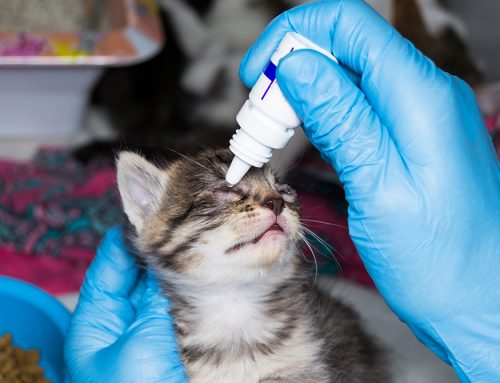Mission Veterinary Clinic: 16915 San Fernando Mission Blvd, Granada Hills, CA 91344
Phone: 818-363-8143
Website: MissionVet.com
What is Idiopathic Epilepsy?
Idiopathic epilepsy is a neurological disorder in pets, most commonly seen in dogs, characterized by recurrent seizures without an identifiable cause. These seizures are the result of abnormal electrical activity in the brain. The term “idiopathic” means that the exact cause of the seizures is unknown, though there may be a genetic predisposition in certain breeds.
Symptoms of Idiopathic Epilepsy
Pets with idiopathic epilepsy may display the following symptoms during a seizure episode:
- Convulsions: Full-body shaking, paddling of legs, and uncontrollable movements
- Staring or Loss of Consciousness: Your pet may seem distant, dazed, or unconscious during a seizure.
- Drooling: Excessive salivation can occur before, during, or after a seizure.
- Urinating or Defecating: Involuntary loss of bladder or bowel control.
- Behavioral Changes: Before a seizure, some pets may seem restless, anxious, or unusually affectionate. After a seizure, they may appear disoriented or temporarily blind.
Diagnosing Idiopathic Epilepsy
Diagnosis of idiopathic epilepsy is typically made through exclusion, meaning that other potential causes of seizures, such as brain tumors, infections, or metabolic disorders, are ruled out first. Your veterinarian may recommend:
- Blood Tests: To check for metabolic or systemic diseases.
- Neurological Examination: To assess the brain’s function.
- MRI or CT Scan: To rule out structural brain abnormalities.
- Cerebrospinal Fluid Analysis: To look for signs of inflammation or infection in the brain and spinal cord.
Treatment Options
While idiopathic epilepsy cannot be cured, it can often be managed with medication to reduce the frequency and severity of seizures. Common treatments include:
- Anticonvulsant Medications: Drugs like phenobarbital, potassium bromide, or newer anticonvulsants like levetiracetam may be prescribed to control seizures.
- Regular Monitoring: Periodic blood tests and vet visits are necessary to monitor your pet’s response to medication and adjust dosages as needed.
- Lifestyle Management: Keeping a consistent routine, minimizing stress, and ensuring your pet’s environment is safe can help manage the condition.
What to Do During a Seizure
If your pet has a seizure:
- Stay Calm: Your pet relies on your calmness. Do not try to restrain them.
- Keep Them Safe: Move any objects that could cause injury away from your pet.
- Time the Seizure: Note how long the seizure lasts. Seizures lasting more than 5 minutes require immediate veterinary attention.
- Contact Your Veterinarian: If it’s the first seizure or if the seizure is prolonged, contact us at Mission Veterinary Clinic immediately.
Prognosis and Quality of Life
With proper management, many pets with idiopathic epilepsy can live long, healthy, and happy lives. Regular veterinary care and adherence to treatment plans are key to ensuring your pet’s well-being.
Visit Us
If your pet has been diagnosed with idiopathic epilepsy or you suspect they are experiencing seizures, visit us at Mission Veterinary Clinic. We are here to provide urgent care for your pet’s needs. As a walk-in facility, we do not take appointments, so please come in as soon as possible if you require assistance.
For more information, feel free to reach out to us at 818-363-8143 or visit us at 16915 San Fernando Mission Blvd, Granada Hills, CA 91344.










Leave A Comment